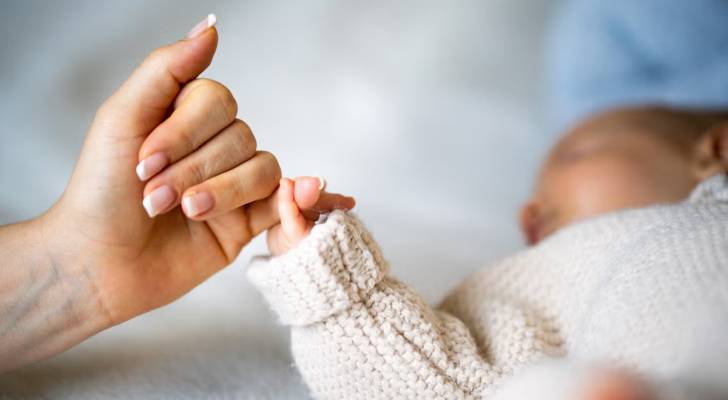Mother and child (Credit: StockPlanets)
Breastfeeding rates plummet in Jordan, prompting support efforts
As Jordan commemorates World Breastfeeding Week, officials and health advocates are raising concerns over declining breastfeeding rates and calling for a nationwide push to better support mothers, from hospitals to homes, Jordan News Agency (Petra) reported.
This year’s campaign, running under the global theme “Enabling Breastfeeding: Shared Responsibility of Health Systems and Communities,” is part of Jordan’s wider “Healthy Beginnings, Hopeful Futures” initiative, which aims to prioritize maternal and child health.
In a statement on Sunday, the Higher Population Council sounded the alarm on persistently low exclusive breastfeeding rates. Only 24 percent of Jordanian infants under six months are exclusively breastfed, a significant drop from 39 percent three decades ago.
The council highlighted systemic gaps that continue to undermine breastfeeding practices, particularly within healthcare settings. Notably, nearly 70 percent of newborns delivered in private hospitals are separated from their mothers immediately after birth, disrupting the critical early skin-to-skin contact and delaying breastfeeding initiation. Just 38 percent of babies are exclusively breastfed during their first two days of life, with cesarean deliveries posing additional barriers.
“Breastfeeding is more than a nutritional choice, it’s a foundational pillar of lifelong health,” health experts emphasize. In addition to providing ideal nourishment, breastfeeding strengthens immunity, reduces the risk of chronic disease, and promotes mother-child bonding. For mothers, it supports postpartum recovery, lowers cancer risks, and aids natural birth spacing.
The economic burden of formula feeding also adds urgency to the issue, with the average Jordanian family spending about JD 55 per month on infant formula, a cost that hits hardest among low-income households.
To address these challenges, the Higher Population Council is urging investments in healthcare worker training, stronger enforcement of breastfeeding-related regulations, and wider adoption of the Baby-Friendly Hospital Initiative. The Council also called for accessible counseling services before and after birth and broader enforcement of the international code restricting aggressive marketing of breast-milk substitutes.
Experts stress that improving breastfeeding outcomes requires a whole-of-society approach, not just clinical interventions. From family awareness to workplace accommodations and national policy reforms, they argue that real progress will depend on embedding breastfeeding support into the fabric of Jordanian society.




